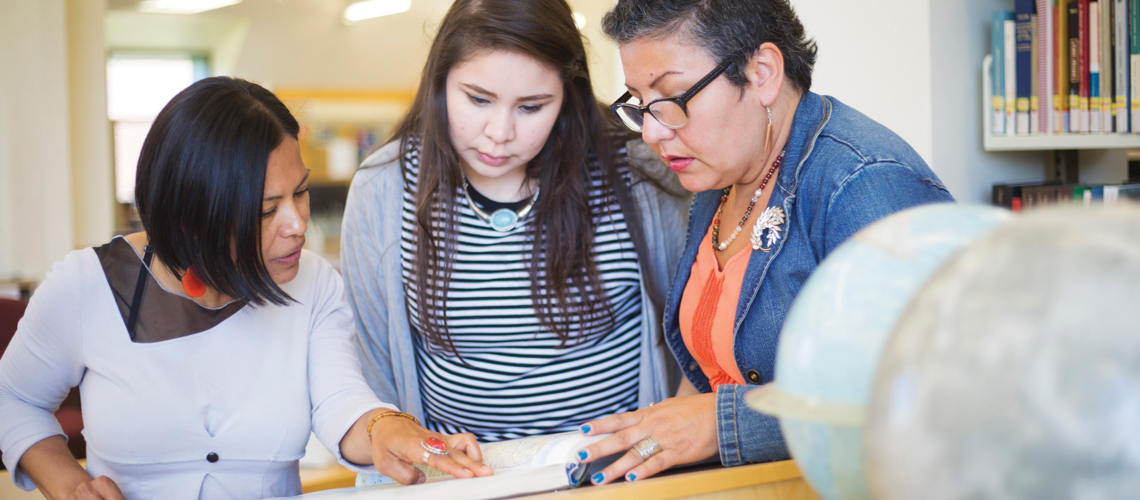
Our Sociology Program
Sociologists are interested in how humans form groups, whether for peace or war, cooperation or conflict, persuasion or domination, development or destruction. They investigate the structure of groups, organizations, and societies, and how people interact within these contexts.
Are you a college student? Visit the ONTransfer website to view more of our pathway agreements.
Algoma University’s four-year sociology program provides critical skills for understanding and interpreting the social world. The program offers courses that address a wide variety of areas, such as contemporary media depictions of gender and the body, debates in the environmental movement, health policy analysis, critical assessments of law and social justice, and Canadian policy in relation to multiculturalism and Indigenous rights. Students will use a variety of research methods to gain a vital understanding of social movements, race and diversity, and gender and sexuality, including surveys, interviews, observational studies, polls, personal letters, and focus groups.
Upon graduation, students in Algoma U’s sociology program will have strong written, oral presentation, and research skills – invaluable skills highly sought after in today’s competitive work world and in institutions of higher learning. These refined skills set Algoma U grads apart from the rest. For those who choose to enter the workforce upon graduation, career paths options include: education (primary and secondary, colleges and universities), researcher, affirmative action counsellor, health and safety educator, health promotion, human rights worker, journalist, non-profit housing worker, policy planner or policy analyst, parks and recreation planner, urban planner, and many more.
What You Can Expect
Hands-on learning, a close-knit campus community, and caring faculty.
1 / 3
Understand society
Students will take part in the disciplined effort to understand society, social and cultural relations, the working of institutions, and the patterns of behaviour that characterize all social life.
2 / 3
Honours thesis course
The Research and Critical Analysis course is a key element to the sociology program. Students will be guided by a thesis supervisor and are required to perform background research, analyze the collected research, and present and defend their findings at a public presentation.
3 / 3
Develop Research Methods
Students will use a variety of research methods to gain a vital understanding of social movements, race and diversity, and gender and sexuality, including surveys, interviews, observational studies, polls, personal letters, and focus groups.
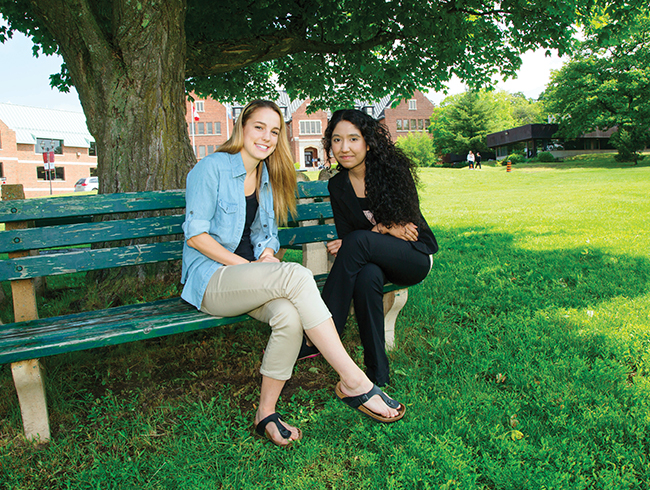
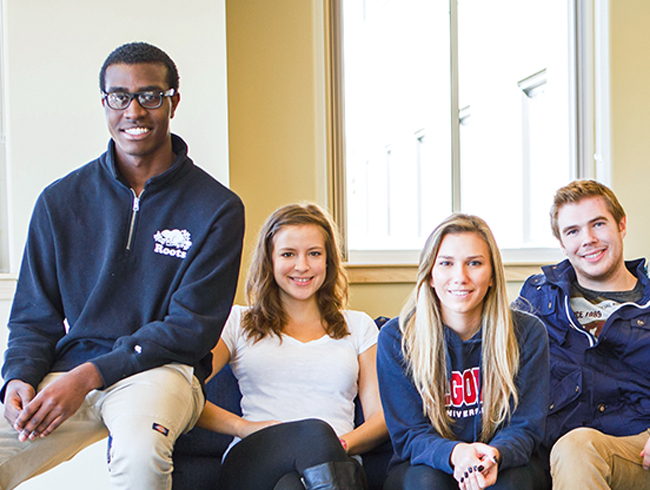
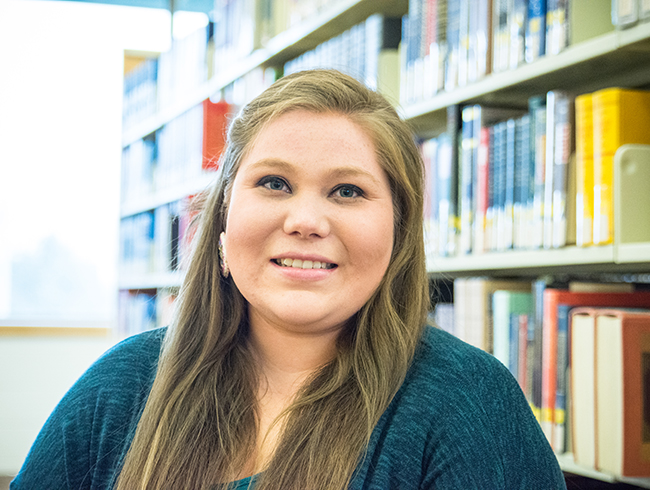
Our Courses
For more detailed information on our courses, please visit our courses schedule section
Get started nowExperience Maps
Are you ready to apply theory and academic content to real-world experiences? It's time to make your plan!
START NOWMeet our Faculty
Our Sociology faculty are experts in the field. Get to know them!
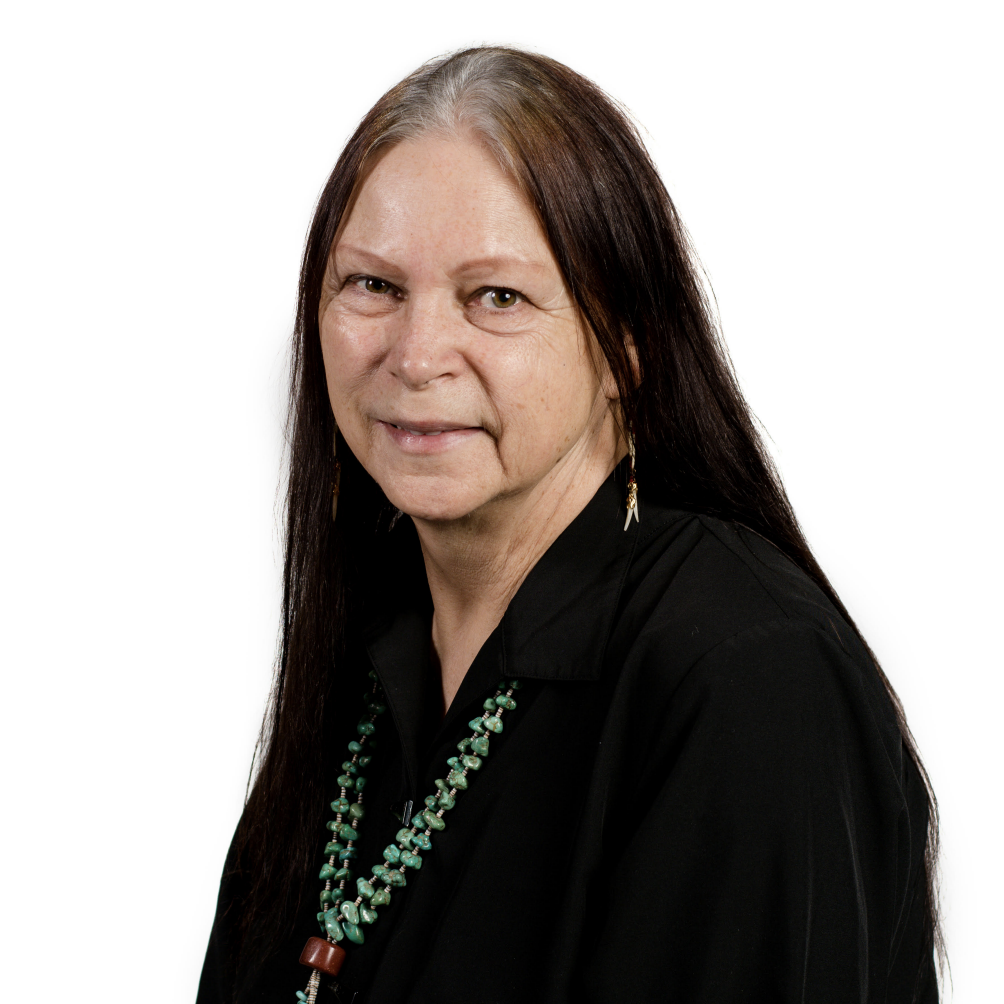
Dr. Paulette Steeves
Faculty Chair, Sociology, Canada Research Chair Tier 11 Healing and Reconciliation, Associate Professor
View Full Bio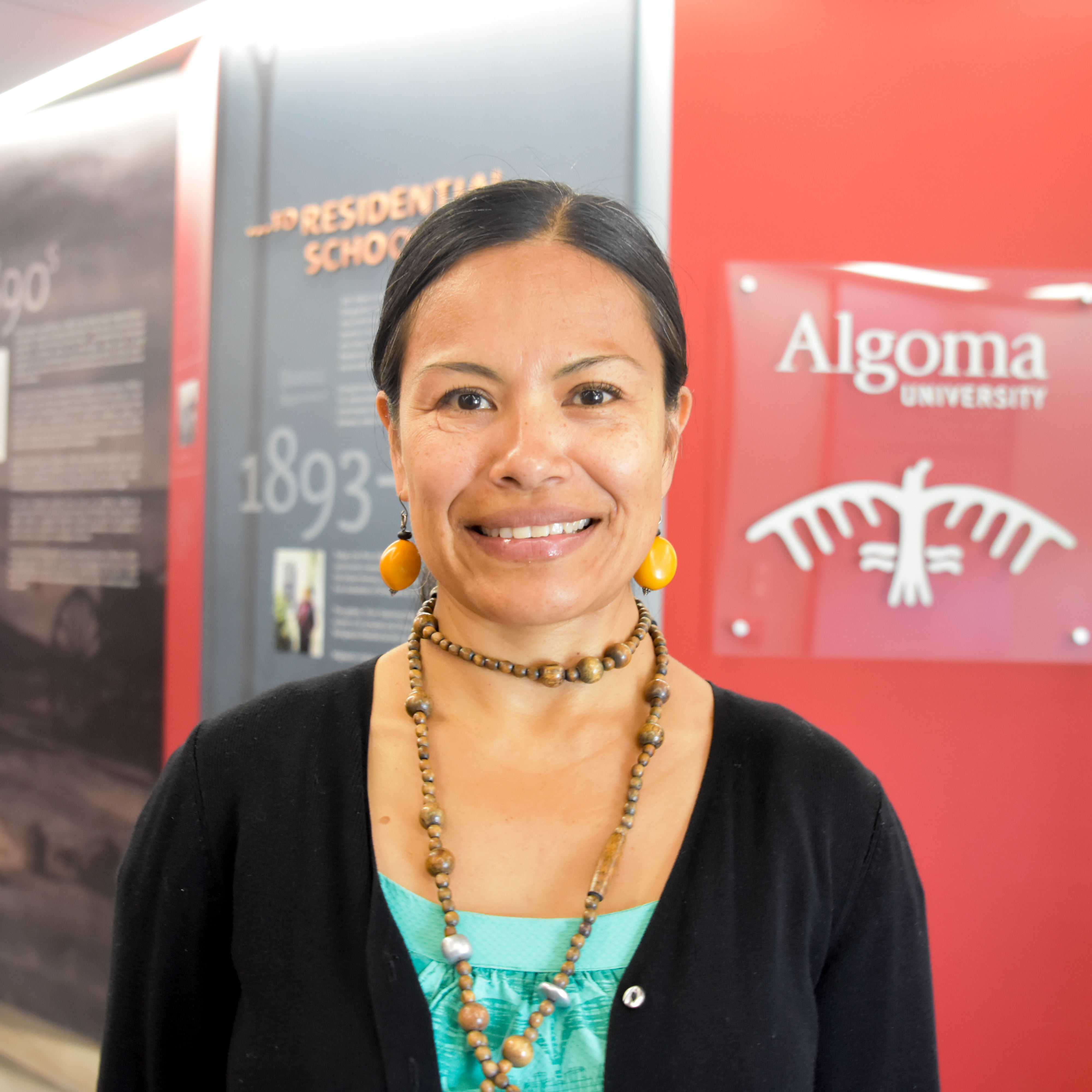
Dr. Vivian Jimenez-Estrada
Associate Professor, Sociology and Equity, Diversity and Inclusion Academic Lead
View Full BioDr. Michael Graydon
Assistant Professor, Sociology
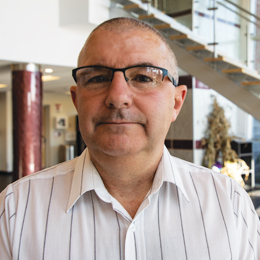
[email protected]
705-949-2301, ext. 4118
Office: CC 3034
Credentials: BA Hons, MA, PhD (Carleton University)
Areas of Expertise: LGBT community, LGBT rights movements, social movements, sexuality, HIV/AIDS, masculinity, male masculinity, health.
Dr. Paulette Steeves
Faculty Chair, Sociology, Canada Research Chair Tier 11 Healing and Reconciliation, Associate Professor

[email protected]
705-949-2301 ext. 4339
Office: SH 413
Paulette Steeves. Ph.D. – (Cree- Metis) was born in Whitehorse Yukon Territories and grew up in Lillooet, British Columbia, Canada. She is an Indigenous archaeologist focusing on the Pleistocene history of the Western Hemisphere. In her research, Steeves argues that Indigenous peoples were present in the Western Hemisphere as early as 60,000 years ago and possibly much earlier. She has created a database of hundreds of archaeology sites in North and South America that date from 200,000 to 12,000 years before the present, which challenges the Clovis First dogma of a post 12,000 year before present initial migration. Dr. Steeves received her BA in Anthropology, Honors Cum Laude from the University of Arkansas at Fayetteville, then completed a two-year internship with the Quapaw NAGPRA program during her undergraduate studies. In 2008 Dr. Steeves was awarded the Clifford D. Clark fellowship to attend graduate studies at Binghamton University in New York State. Dr. Steeves’s dissertation Decolonizing Indigenous Histories: Pleistocene Archaeology Sites of the Western Hemisphere. Her dissertation is the first dissertation framed in Indigenous Method and Theory in Anthropology-Archaeology within the United States. In 2011 and 2012, she worked with the Denver Museum of Nature and Science to carry out studies in the Great Plains on mammoth sites, which contained evidence of human technology on the mammoth bone, thus showing that humans were present in Nebraska for over 18,000 years ago. Dr. Steeves has taught Anthropology courses with a focus on Native American and First Nations histories and studies and decolonization of academia and knowledge production at Binghamton University, Selkirk College, Fort Peck Community College, the University of Massachusetts at Amherst, and Mount Allison University, she is currently an Associate Professor in Sociology-Anthropology and is cross-appointed to Geography Geology and Land Stewardship where she serves as the Chair of the department, she is a Canada Research Cahir in Healing and Reconciliation at Algoma University in Ontario. https://vancouversun.com/news/national/aboriginal-anthropologist
CBC News 2018 Paulette Steeves Migration Theories
https://www.cbc.ca/news/canada/british-columbia/bc-indigenous-communities-react-
to-the-resurfacing-of-two-migration-theories-1.4479632
Areas of Teaching and Research Interest
My teaching interests are woven through areas of Anthropology, Indigenous Studies, Heritage Studies, Archaeology, and Decolonization. I have training and experience in Anthropology, Archaeology, Physical Anthropology and Genetics, Heritage Studies, Indigenous Studies, Social Cultural Studies, and Museum Curation and Collections. I have area expertise in North, and South American archaeology sites and material remains during the Pleistocene, pre- 11,200 years before the present, including published research in Pleistocene archaeology and links to Indigenous heritage and identity. As an archaeologist, I have experience in research and excavations in Canada and the USA across time from the Pleistocene to the present day. In teaching, I focus on historical and contemporary processes of colonization, Agnotology, and decolonization to create discussion on challenging discrimination and racism within society.
Teaching Philosophy
My goal in the classroom is to challenge students to apply critical thought and become active and engaged learners. I have worked to create a curriculum that is challenging yet, also considers diverse learning styles and student backgrounds. I encourage students to arrive at a deeper understanding of the historical processes of colonization and how their education and future work and scholarship may support processes of reconciliation and decolonization. Providing this historical framework of processes of colonization and decolonization in Canada allows students to become informed of a history many were unaware of until very recently and challenge stereotypes and think critically about their future role as peers and scholars. I encourage students to explore areas of interest and study by introducing productive research strategies that highlight learning practices both in and outside the class. In teaching engaged community research and applied scholarship, I provide students with contemporary examples of research focused on applied scholarship, community engagement, and collaboration. I aim to instill an understanding of important issues such as the historical background of knowledge production and the opportunity to become informed through a study of multiple perspectives of heritage, identity, and history. In my classes, I introduce students to social and political processes, such as how people acquire their sense of history and nationality. I discuss with students how we can focus our studies and research to support social justice and make the world a better place for all people.
Academic Publications and Presentations
Steeves, P. (2021). the Indigenous Paleolithic of the Western Hemisphere (the Americas). Lincoln, NB: University of Nebraska Press.
https://www.nebraskapress.unl.edu/nebraska/9781496202178/
Steeves, P (2021). Singing to Ancestors Respecting and Re-telling Stories Woven Through Ancient Ancestral Lands. In A. McGrath & Russell, (Eds). Companion to Indigenous Global History. Routledge.
Steeves, P. (2020). Our Earliest Ancestors: Human and Non-Human Primates of North America. In Martin Porr & Jacqueline Matthews (Eds.), Interrogating Human Origins. Decolonization and the Deep Past. New York, NY: Routledge.
Steeves, P. (2020). Re-Claiming and Re-Writing the Past Through Indigenous Voices and Worldviews. Journal of American Archaeology.
Steeves, P. (2020). Indigenous Methodologies in Archaeology. Encyclopedia of Global Archaeology 2nd edition. (Ed.), Claire Smith. Springer, New York. On-line 2019.
Steeves, P. (2020). The La Sena Site (18,440 ± 90 14 C yr BP): A Pre-Clovis site in South West Nebraska. Encyclopedia of Global Archaeology 2nd edition. (Ed.), Claire Smith. Springer, New York. On-line 2019.
Steeves, P. (2020). Deloria, Jr., Vine. Encyclopedia of Global Archaeology 2nd edition. (Ed.), Claire Smith. Springer, New York. (Revised entry upcoming in 2nd edition). On-line 2019.
Steeves, P. (2020). Mesa Verde Geography and Culture. Encyclopedia of Global Archaeology 2nd edition. (Ed.), Claire Smith. Springer, New York. (Revised entry upcoming in 2nd edition). On-line 2019.
Steeves, P. (2020). Clovis and Folsom, Indigenous occupation prior to. Encyclopedia of Global Archaeology 2nd edition. (Ed.), Claire Smith. Springer, New York. (Revised entry upcoming in 2nd edition). On-line 2019.
Steeves, Paulette. (2018). “Indigeneity.” In Oxford Bibliographies in Anthropology. Ed. John Jackson. New York: Oxford University Press. Oxford Online.
Steeves, P. (2017). Unpacking Neoliberal Archaeological Control of Ancient Indigenous Heritage. Archaeologies, 13(1), 48-65.
https://link.springer.com/article/10.1007/s11759-017-9312-z
Steeves, P. (2015). Decolonizing the Past and Present of the Western Hemisphere (The Americas). Archaeologies, 11(1), 42-69.
https://link.springer.com/article/10.1007/s11759-015-9270-2
Steeves, P. (2015). Academia, Archaeology, CRM, and Tribal Historic Preservation. Archaeologies, 11(1), 121-141.
https://link.springer.com/article/10.1007/s11759-015-9266-y
Steeves, P. (2014). Deloria, Jr., Vine. Encyclopedia of Global Archaeology, (pp. 2091-2093). Springer, New York.
https://link.springer.com/referenceworkentry/10.1007%2F978-1-4419-0465-2_411
Steeves, P. (2014). Mesa Verde Geography and Culture. Encyclopedia of Global Archaeology, (pp. 4776-4780). Springer, New York.
https://link.springer.com/referenceworkentry/10.1007%2F978-1-4419-0465-2_1658
Steeves, P. (2014). Clovis and Folsom, Indigenous Occupation Prior to. Encyclopedia of Global Archaeology (pp. 1508-1513). Springer, New York.
https://link.springer.com/referenceworkentry/10.1007%2F978-1-4419-0465-2_1847
Selected Conference Presentations
May 30- 31st NAISA regional conference, Lakehead University. Telling Our Own Stories: Indigenous Self-Determination in Data and Research. Indigenous Science: Reinterpreting Data to Reclaim and Rewrite Indigenous History.
March 21st Keynote speaker. Seminole Tribe of Florida, Tribal Historic Preservation Office. Strategic Planning Retreat. Reclaiming Indigenous History and Links to Homelands.
Feb, 17TH Archaeological Conservancy (USA) Archaeology’s Place in Healing and Reconciliation: Reclaiming the Indigenous Paleolithic of the Western Hemisphere. The Indigenous Paleolithic of the Western Hemisphere, reclaiming Indigenous history in the Western Hemisphere, how archaeologists can work for and with Indigenous communities in reclaiming history, and challenging racism and discrimination.
Oct 23, 2021. Ontario Archaeology Symposium. Oral Histories and Archaeology. Archaeology’s Place in Reclaiming and Reconciliation: Supporting Indigenous Archaeologies and Paths to Healing.
Oct 7, 2021. University of Southampton, UK. Centre for the Archaeology of Human Origins (CAHO) Seminar Series-Rebecca Ferreira organizer. The Indigenous Paleolithic of the Western Hemisphere.
July 21, 2021. Register of Professional Archaeologists USA, Register of Professional Archaeologists UK. RPA Ethics Workshop and Unmarked Burials.
July 22, 2021. Inaugural Seminar in the Manchester Museum Indigenizing Museums Indigenous Experts Series. Finding Home Reviving, Reclaiming, and Rewriting the Indigenous Past for the Present.
April 29, 2021: Flinders University, Archaeology Research Seminar Series. Finding Home: Reviving, Reclaiming, and Rewriting the Indigenous Past for the Present.
March 4, 2021: United States Department of the Interior Bureau of Oceans and Energy Management Tribal Oceans Summit Underwater Paleolandscapes and Cultural Heritage. Pleistocene Archaeological Sites of the NE USA. Acknowledging a Human presence on the Continental Shelf and in the NE USA prior to 9,000 years ago.
Algoma University. Keynote Address, 4th Bi-Annual Anishnaabe Knowledge and Research. Sault Ste Marie, ON. Pyro-epistemology: Indigenous Research Methodology Weaving Paths to Healing
Oct 8th, 2019, Algoma University
Plenary Lecture: 5th Annual Universities Canada Building Reconciliation Forum
Pyroepistomology: Reviving and Reclaiming Humanities and Human Rights after Genocide.
There can be no Reconciliation or Healing without Truth.
The 56th International Congress of Americanists, Salamanca, Spain, July 15-20, 2018.Unerasing an Erased History: Working to protect Indigenous cultural heritage and history.
University of Montana at Missoula, Student Archaeology Conference. Key Note Lecture. Decolonizing Indigenous Histories in Archeology; Pleistocene Archaeology Sites of the Americas. 2016.
World Archaeological Congress 8. Kyoto, Japan. Archaeology in Education (tertiary) Linking Land to Heart, Mind and Heritage. Session Co-Chair and presenter. 2016.
Association of Critical Heritage Studies. 3rd Biennial Conference, Montreal, Canada. Heritage and the Late Modern State. Un-Erasing the Indigenous Paleolithic: Re-Writing the Ancient Pleistocene Past of the Western Hemisphere (the Americas). 2016.
Organization of American Historians. Providence, RI. Honoring Ancestors: Indigenous Leaders and the Native American Graves Protection and Repatriation Act of 1990 (NAGPRA). 2016.
The 48th Annual Chacmool Conference. University of Calgary, Calgary, AB. Shallow Pasts, Endless Horizons: Sustainability & Archaeology. Sustaining a Meaningful Archaeology Through Ceremonies of Research. 2015.
Society for American Archaeology 78th Annual Meeting, Honolulu, Hawaii. Symposium, Shifting Archaeological Borders and Boundaries. Decolonizing History and Academia. Rebuilding Bridges to the Indigenous Past. Session organizer and chair. 2013.
Columbia University, New York, N.Y. Indigenous Spaces: Pushing the Boundaries of History, Bodies, Geographies, and Politics. Decolonizing Indigenous Histories. 2012.
To learn more about Paulette Steeves, please visit her website.
Dr. Vivian Jimenez-Estrada
Associate Professor, Sociology and Equity, Diversity and Inclusion Academic Lead

[email protected]
705-949-2301, ext. 4352
Office: CC 3033B
Dr. Jimenez-Estrada is Maya Achi (Guatemala), the EDI Academic Lead (2020-23) and an Associate Professor in the Department of Sociology, where she teaches critical and decolonizing sociology. She received her PhD from the University of Toronto and is dedicated to research, teaching, and learning while centering Indigenous knowledges, voices and perspectives in her efforts to decolonize academic and research endeavours. She has worked with Indigenous organizations in Guatemala and Mexico and has led projects that bridge institutional frameworks led by community-centered and Indigenous led needs. She works locally with the Indigenous Women’s Anti-Violence Task Force of Baawaating (Sault Ste. Marie) and internationally with the National Coordinator for Indigenous Women of Mexico (CONAMI) with ally academics on a project called ‘Indigenous Women Storying and Interweaving their Experiences of Gendered and Colonial Violence in Mexico and Canada” funded by SSHRC ($199,980 for 2021-24) Building on a prior SSHRC Partnership Engage Grant (25,000 for 2018-19). Her research centers the voices and recommendations of Indigenous women and gender-diverse individuals to address gendered and colonial violence. She also served as Principal Investigator (on behalf of the Indigenous Women’s Anti-Violence Task Force, in collaboration with NORDIK Institute), for the “Restorative Justice: Anti-Racism Youth Diversion Initiative” (2019-2022), funded by Heritage Canada’s Anti-Racism Action Program (2019-22). Her work has been published in the Canadian Journal of Native Education, the Australian Journal of Indigenous Education, the Canadian Journal of Native Studies, Dialogo: An interdisciplinary studies journal, Abya Yala and the Canadian Journal of Latin American and Caribbean Studies. In addition, she has also co-authored a chapter in Routledge’s Handbook of Central American Governance, in addition to two chapters co-authored with IWAVTF colleagues: Red Dresses on Bare Trees and Feminicide and Global Accumulation: Frontline Struggles to Resist the Violence of Patriarchy and Capitalism and has presented at various academic conferences including the World Indigenous Conference in Education (WIPC-E), the Native American and Indigenous Studies Association, the Canadian Latin American Studies Association, Latin American Studies Association and others. QUOTE: “As an Indigenous Maya woman, mother, auntie and academic, I am especially bound by the teachings and responsibilities as reminded to us all by Chief Shingewauk’s words. I strive to achieve inclusive excellence, which entails carrying out the responsibility to open doors and create opportunities for historically marginalized voices, perspectives and Peoples for self-determination and social justice that includes individual and inherent/collective rights. My lifetime work is to serve Indigenous and underrepresented communities and I am humbled to call this territory home, with all of the relations that continue to guide me today and tomorrow.”
Dr. Isaac Darko
Assistant Professor, Sociology
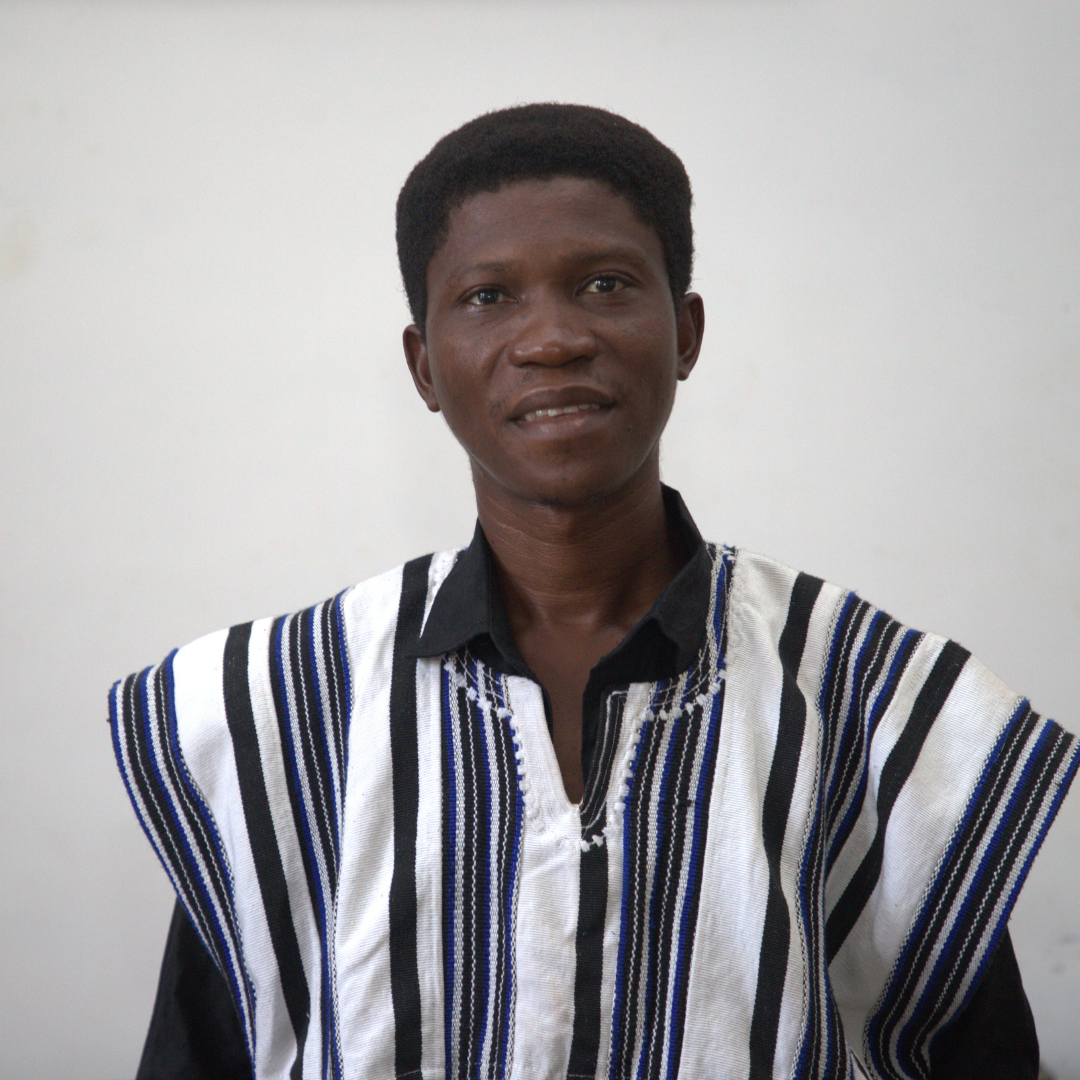
Assistant Professor, Sociology
Isaac Nortey Darko, PhD is a Ghanaian born teacher and researcher who received his Education from both Ghana and Canada. He is interested in Indigenous knowledge, Sociology of education, spirituality, environmental sustainability, Health, Equity, Policing, Migration and Globalization. As an educator, he is interested in interdisciplinary studies and intersectionalities of knowledge. He currently serves as an Assistant Professor of Sociology at Algoma University.
Dr. Julianne Hazen
Sessional Instructor, Sociology
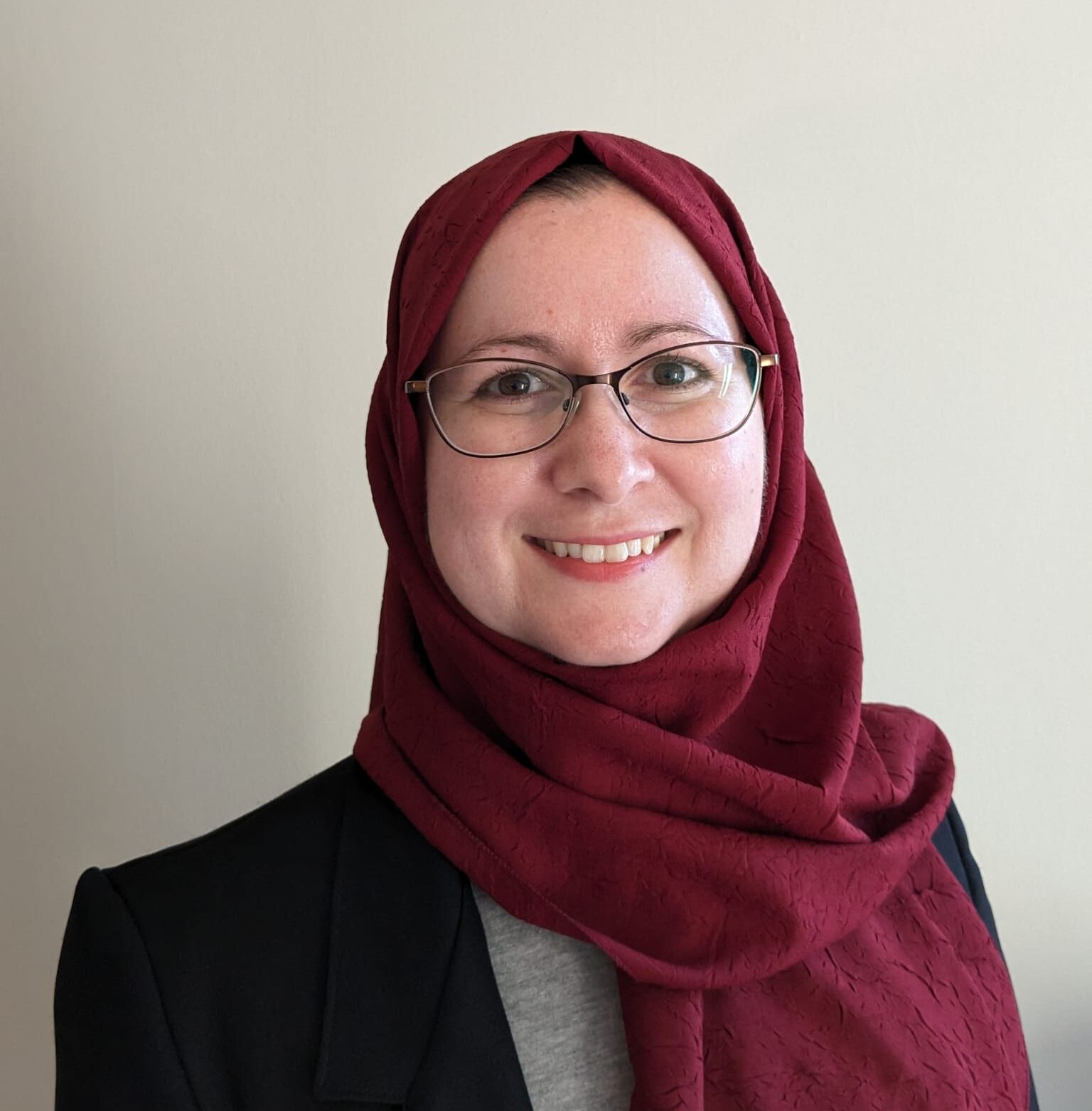
905-451-0100
Julianne Hazen, PhD is an educator, researcher, and author who has dedicated her work to building bridges between those with different cultural and religious backgrounds. She received her Ph.D. from the University of London’s School of Oriental and African Studies in Languages and Cultures of the Near and Middle East, after which she served as a visiting scholar with the Prince Alwaleed bin Talal Center for Muslim-Christian Understanding at Georgetown University, Washington, D.C. In addition to teaching at Algoma University, she has taught religious studies focused on Islam at Niagara University since 2011. Her approach draws from an interdisciplinary background in sociology, peace and conflict resolution, and religious studies.
Dr. Hazen’s book “Sufism in America: The Alami Tariqa of Waterport, New York,” stands as the pioneering research on this Sufi Order. In addition, she has published peer-reviewed articles and book chapters and presented at national and international conferences on topics including peacebuilding and the religious and cultural aspects of Sufi communities in the West. Her current research interests include Islamic spirituality and the dynamics of Indigenous and Islamic relations. Beyond academia, Dr. Hazen actively engages in community service and volunteer work in interfaith dialogue.
Ready to Apply
Applying to Algoma U is simple, fast, and easy
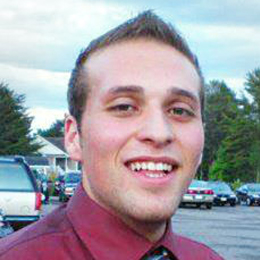
“A lot of my program at York involved leading a seminar presentation on weekly readings. The presentations I made during my time in Sociology at Algoma helped prepare me for this. One of the greatest advantages was my ability to complete an undergraduate thesis. Going into my MA, I was already equipped with the knowledge of how to complete a thesis with original research … For me, this was a huge advantage.”
Frank Meraglia
BA & MA, Sociology
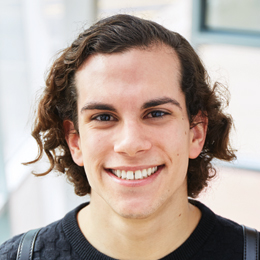
“As a sociology student at Algoma U, I have gained insight into the social constructs that shape the world. I have engaged with peers and knowledgeable faculty to unpack the social inequalities that exist and explored the ideologies that influence oppression with the intention to create positive change. As a student, I have expanded my own awareness of intersectional identities resulting in self-growth.”
Lucia Luciani
"*" indicates required fields
